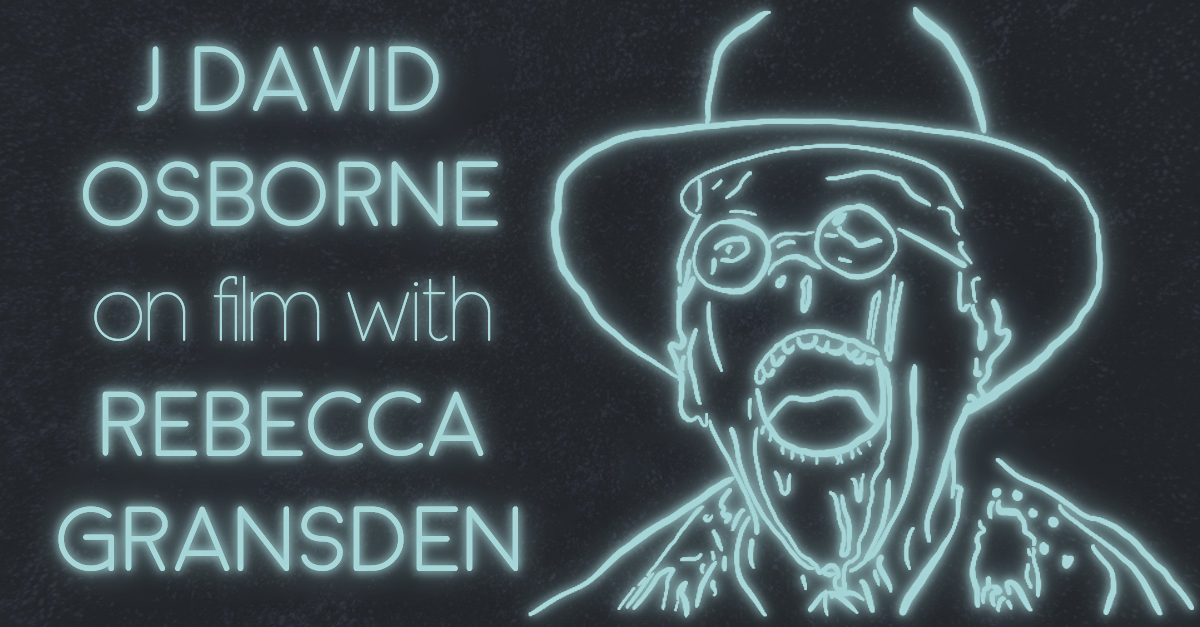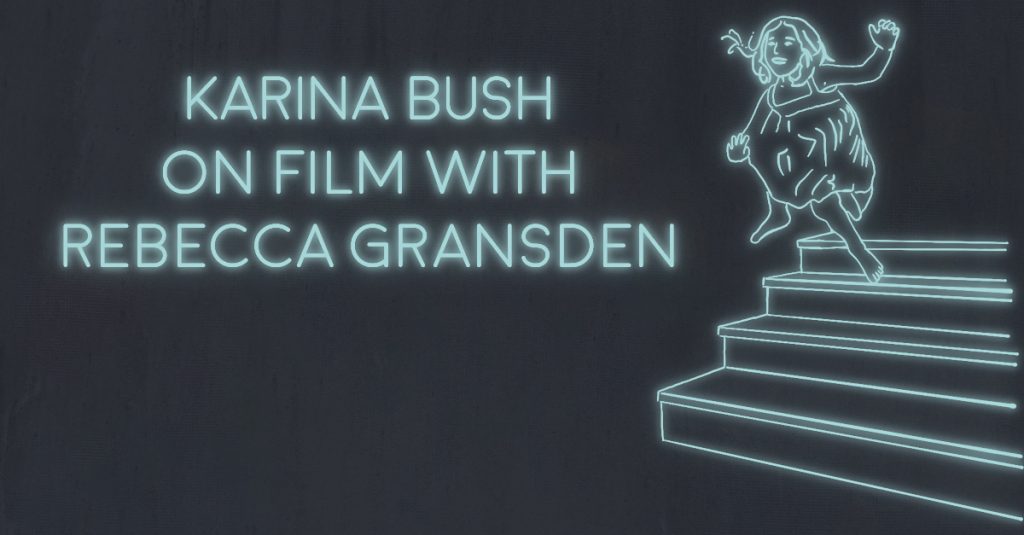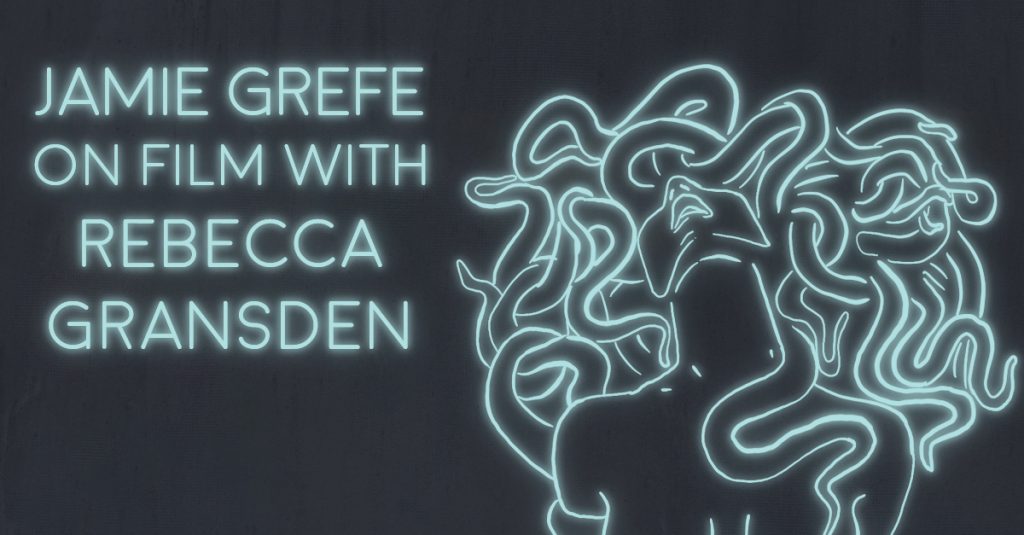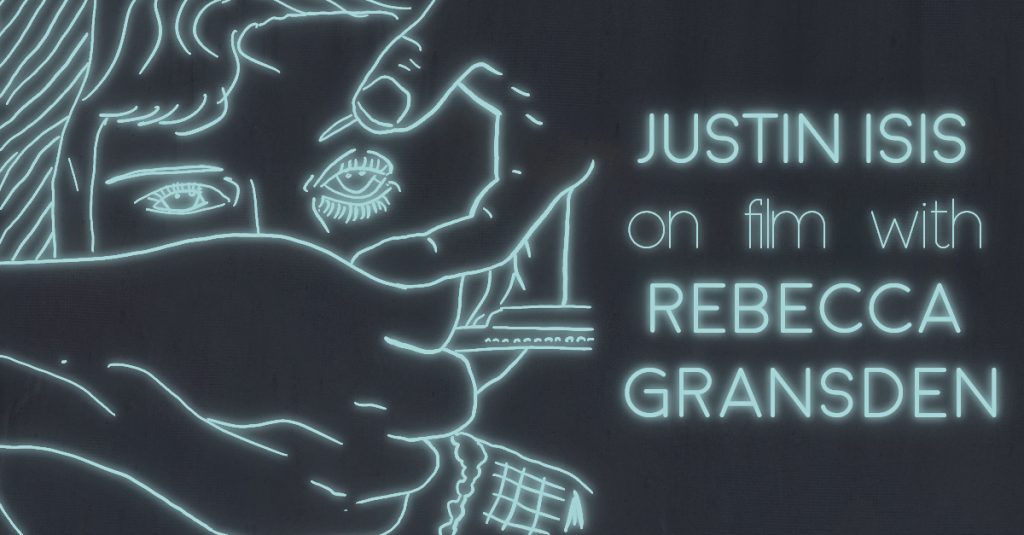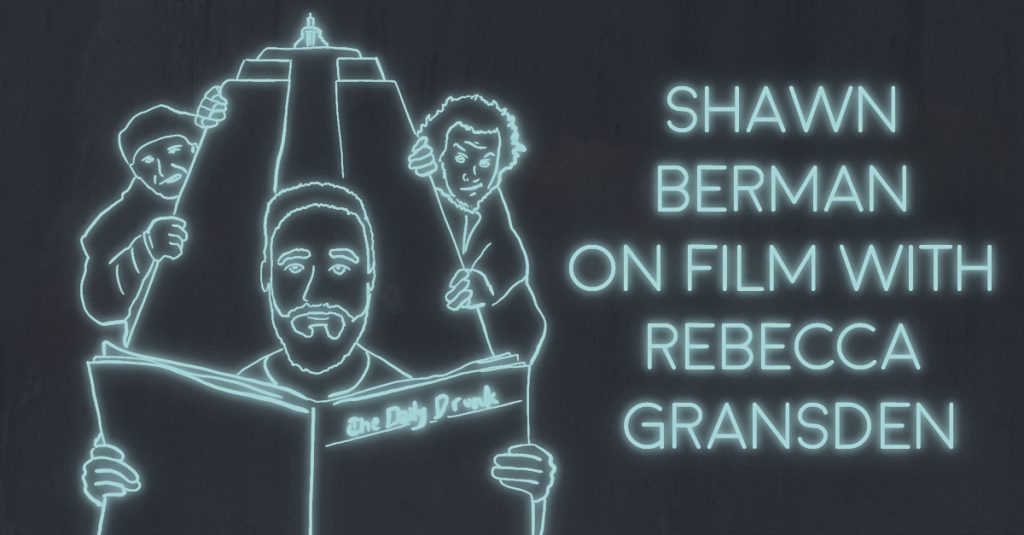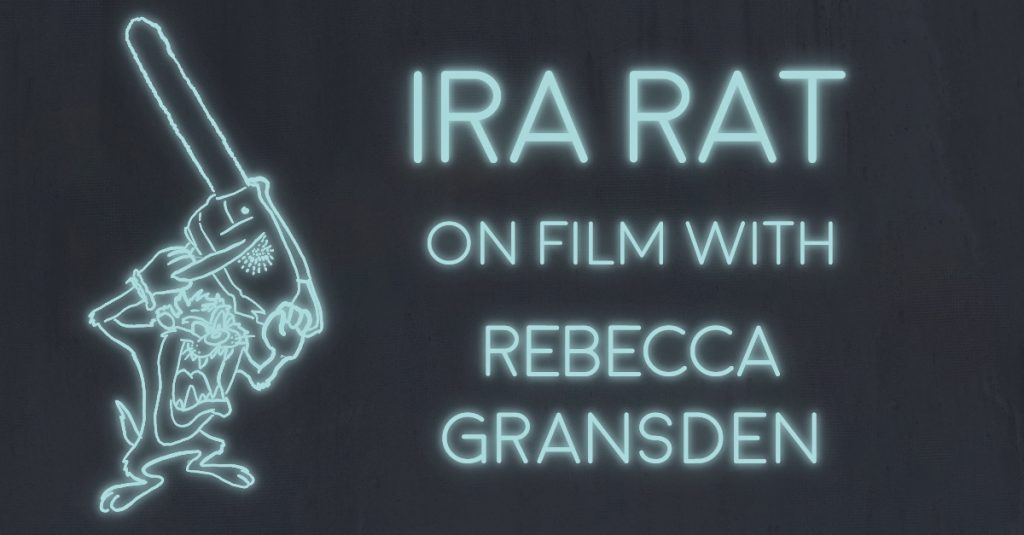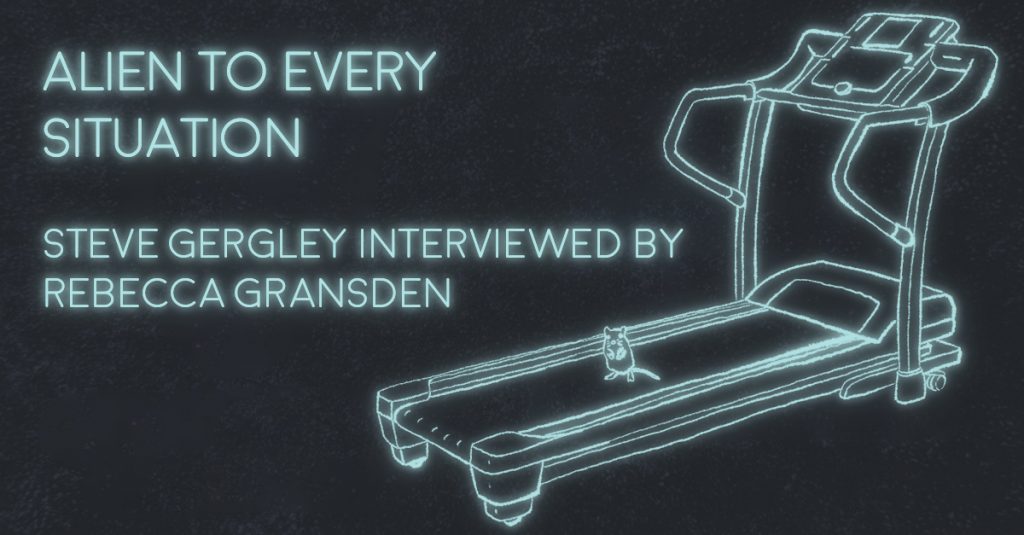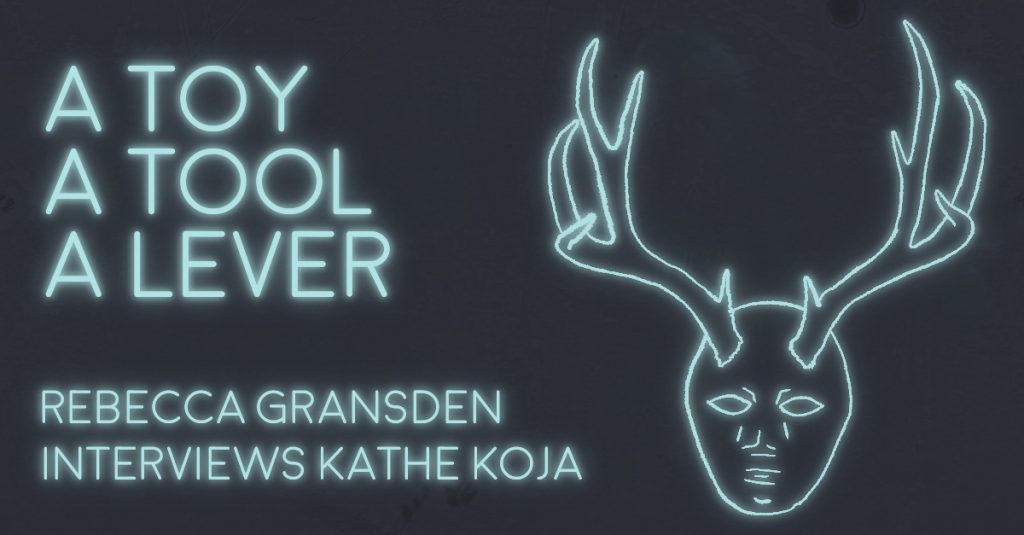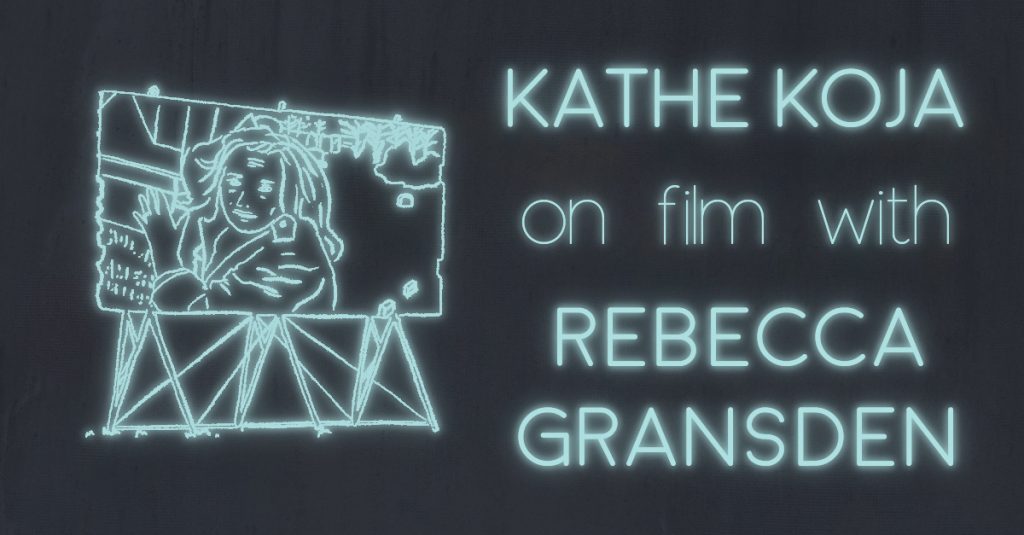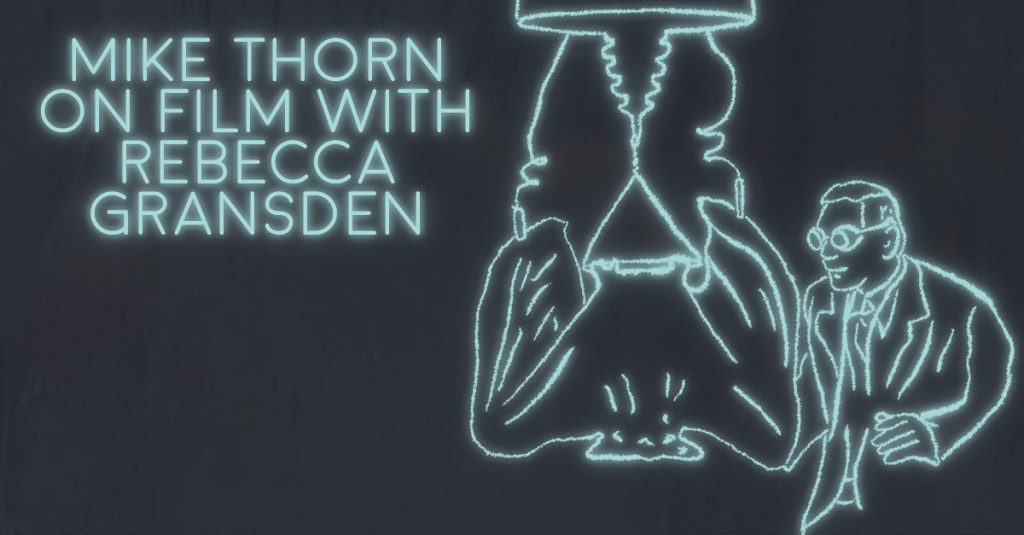If anyone can be considered a psychonaut of literature it is Kathe Koja, a writer who utilizes prose to explore every altered state the page has to offer. With her latest project, Dark Factory, Koja enters the club scene, a place where mind-bending as old as licking a frog meets speed freak technology, and pagan archetypes dance with virtual avatars. I spoke with Koja about the sweet delirium of the project. * What attracted you to club culture for the world of Dark Factory? Everything I write starts with a character, and for Dark Factory, it’s Ari Regon—smiling, hyper-alive, throwing…
